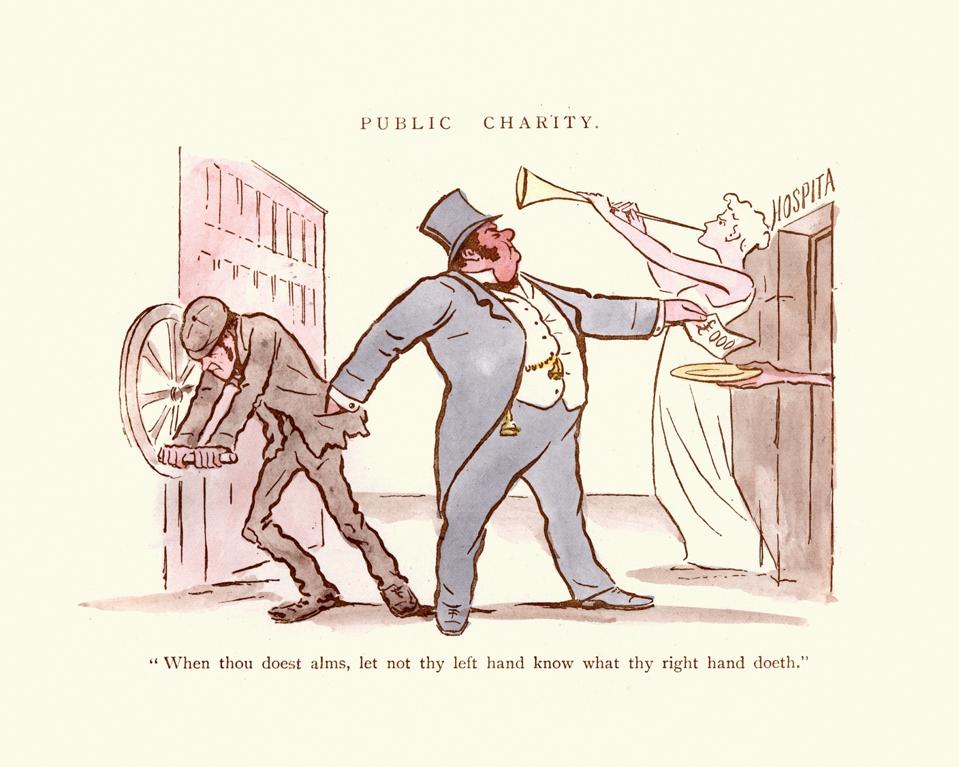Why Liberalism needs to be Post-Capitalist

This is an opinion piece written by Esther Foulsham, a Radical Association supporter. It was first published on 4th September 2025.
‘Post-capitalism’ and ‘Liberalism’ are words that few would ever put in the same sentence, let alone associate with each other. Yet, under a supposedly economically liberal capitalist model, we see poverty, suffering and injustice, all values opposed by our party (most notably in our preamble).
Employees rarely hold significant influence over decisions affecting them personally, whilst being paid little in comparison to the monetary value created by their work. Therefore, this essay asks: Can we truly claim to champion equal opportunity while defending a system that delivers fairness only to the wealthiest few?
I will begrudgingly admit that liberalism and capitalism have shared a much interconnected history. Much of this stems from the tendencies of early liberal thinkers such as John Locke and most famously Adam Smith to lean towards a laissez-faire attitude to capitalist economics. Such reasoning was largely based upon the supposed freedom ascertained from a free market; where one could have full control over their personal financial decisions. With such loyalty to the ideas that minimal state interference in economic matters would grant equal opportunities—and thus liberty—to all those who sought it, one can easily picture how much liberals have traditionally kept distance from critique of capitalism. The issue remains, however, that such ideas continually fail to promote liberty when implemented.
In 2025, we continue to experience countless issues that challenge the supposed ‘liberal’ nature of capitalism. At the most basic level, money, as our predominant medium of exchange, holds the keys to our ability to live freely. For some, income is a matter of survival, with low wages and an inadequate benefits system contributing to struggles to pay for housing, food and utilities. Yet even for the groups traditionally considered ‘middle class’, money still holds the keys to the liberty of living an enjoyable life—the costs experienced when one seeks to pursue fulfilment through hobbies and interests. While it is true that money cannot buy happiness, the removal of financial stress can lead to maximising enjoyment and quality of life. In a true liberal society, all must be able to pursue their own fulfilment and destiny, by virtue of being born, yet today, few are able to seek such a cause.
Capitalism is not inherently bad. For a long time, it helped create prosperity and opportunity. Capitalism brought the boom in economic output that resulted in the Industrial Revolution. But today it no longer functions in a way that supports the people who keep the system running. Workers put in long hours and energy yet see little reward, while those at the top take home millions. Pay no longer reflects effort, and the fruits of ordinary people’s labour sustain lifestyles they themselves could never afford. In short, capitalism has stopped working for the little guy.
The Liberal Democrats have long supported, yet often too quietly for comfort, a liberal solution to such inequality. This is often in the form of the widespread usage of worker co-operatives—a form of workplace democracy based not only on the creation of more equitable wages, but also that of allowing those with subject area expertise and lived experience to make decisions. Instead of economic ‘liberalism’ resulting in the funding of lavish lifestyles for a small few, worker control over business and employment decisions may well lead to income levels that will allow individuals to live comfortable lives and prosper in the liberty that a liberal society grants us.
Co-operatisation of major non-state enterprises is only a starting point. A truly radical liberal vision for a post-capitalist Britain must go further. Real freedom means guaranteeing a basic standard of living: affordable housing with protections against exploitative rents, restoration of the NHS as a universal provider, and access to high-quality education for all. A universal minimum income would underpin these rights, ensuring that no one’s dignity depends on serving the interests of capital. Such reforms may take time to take root, but their outcome would be transformative: a society where the benefits of liberalism are fully realised, and where every individual is free to live authentically and pursue their own path.
Such policies are clearly liberal, as they enable individuals to enjoy freedom by eliminating the debilitating effects of poverty. With stable income, affordable homes, universal education and accessible healthcare, people are free to pursue their own interests and empowerment. As William Beveridge warned, a truly free society must overcome the “five giants” of Want, Disease, Ignorance, Squalor and Idleness—and today’s capitalism has allowed them to rise again. Ending capitalism does not mean abandoning the free market or embracing state control. It means creating a fairer, more liberal economic system—one that matches people’s skills to society’s needs, shares prosperity more widely, and ensures markets serve people rather than capital.
In a world where the other three major parties continually answer modern concerns with plans to divide, to scapegoat trans people and asylum seekers, Liberal Democrats must offer an alternative. Liberalism is fundamentally about creating cohesion and allowing all to enjoy their freedom to the full. These are rights that need not create conflict. Capitalism, however, thrives in creating divisions. Many now are struggling under debt and a soaring cost of living, marginalized in their places of work, and dependent on the generosity of the employer and the state to live a fulfilling existence. No sane person would categorise this as Liberal. For a liberal society to be truly realised by all who live inside, we must work to bring an end to such an oppressive economic system. To be liberal, we must also be post-capitalist.